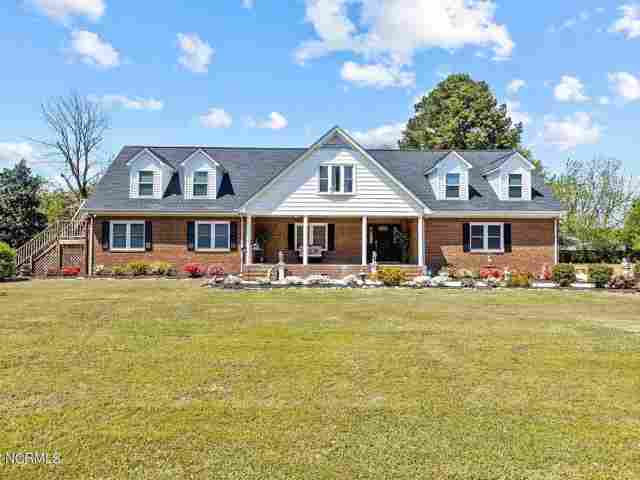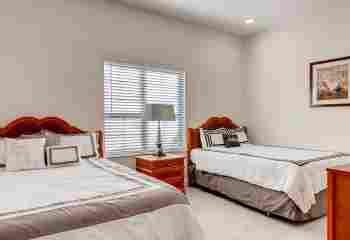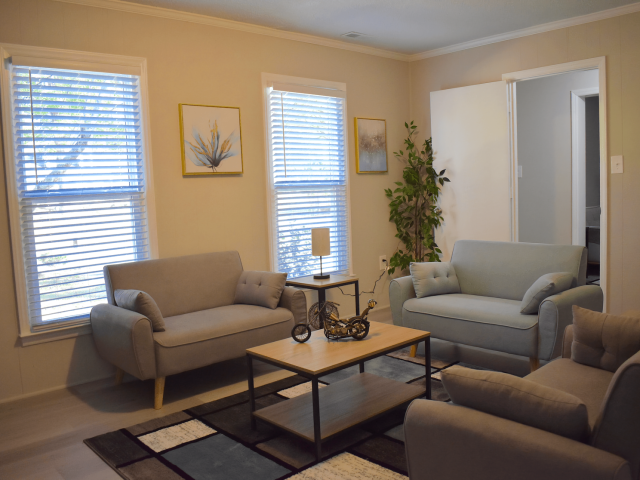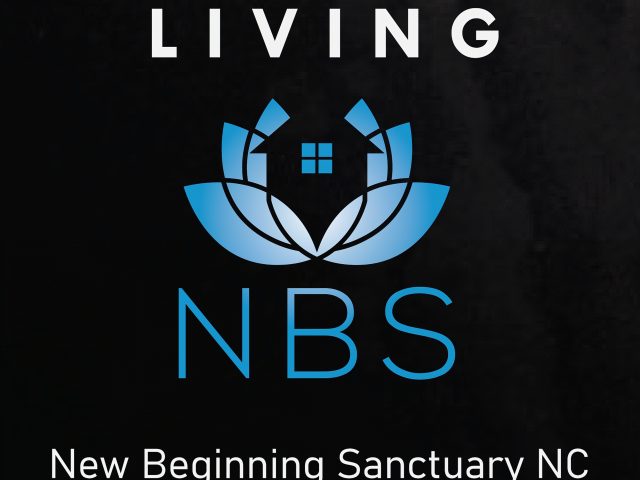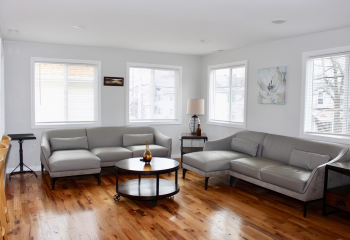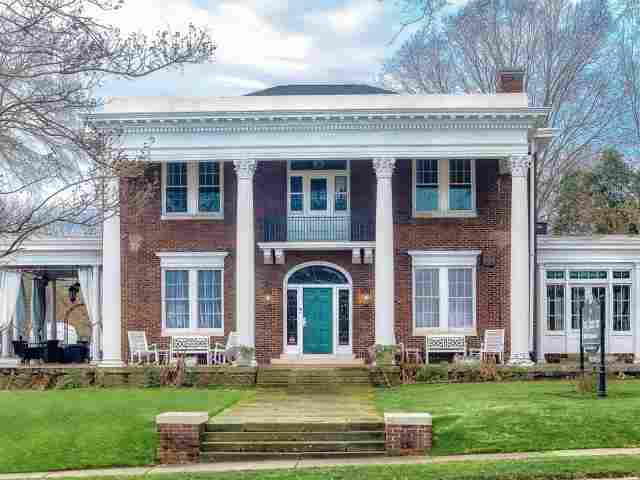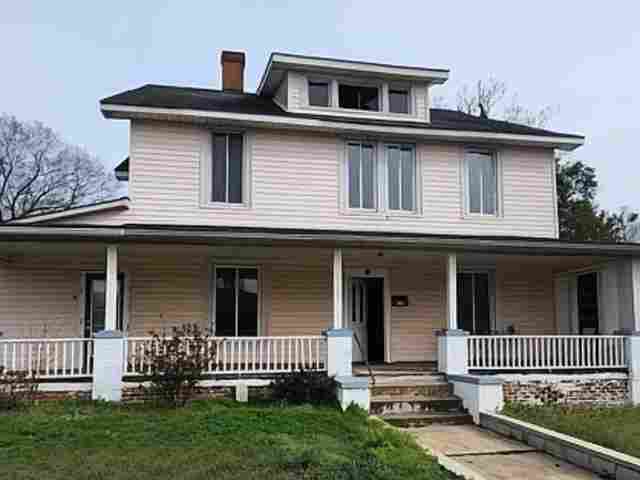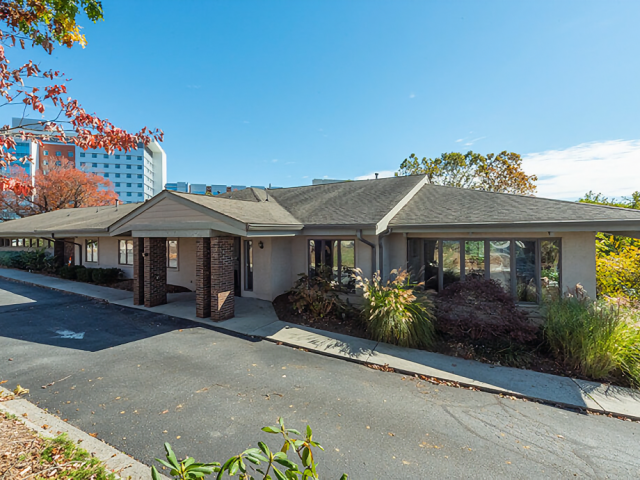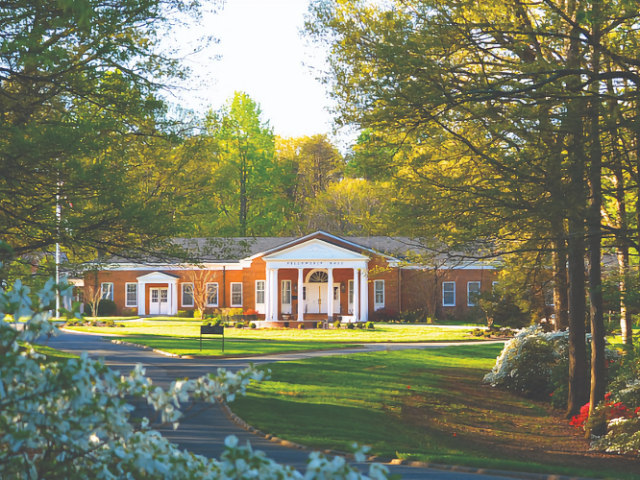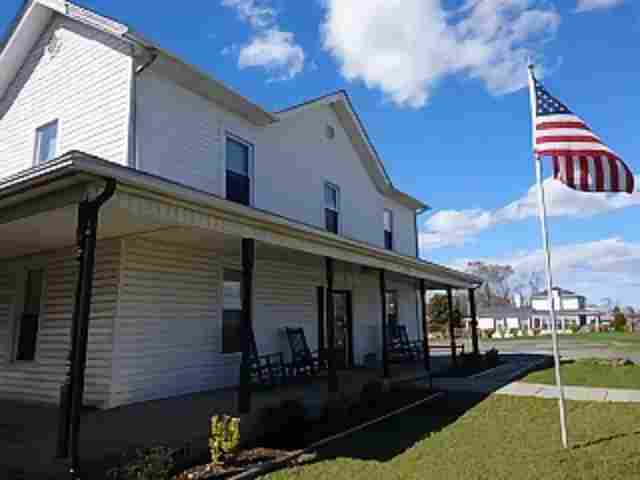More About Sober Living Homes
Sober Living and Its Role in Recovery
A sober living facility is a residential accommodation where individuals recovering from substance use disorders can live in a structured, supportive and substance-free environment. The length of time that a person lives in a sober living facility varies based on their unique needs and progress on their recovery journey; however, the average length ranges from 6 months to several years. Some homes require you to commit to living in their facility for a certain length of time.
Sober living facilities exist to help bridge the gap between attending a rehab program and independent living. They are especially beneficial for people who struggle with a combination of mental health/medical/substance use disorders, those who do not have a supportive living environment at home, those who have been through rehab already and those who are not confident to move forward in their sobriety independently.
Most facilities have house rules and an orderly environment that promotes sobriety, responsibility and accountability. While living at a sober living facility, most individuals are required to work part-time or be in school. They also often require residents to continue to attend counseling sessions, group therapy, 12-step programs and even life skills training as they transition back into society.
Types of Therapies at Sober Living
When entering a sober living home, you can gain hope and feel revitalized as you break free from addiction. While living there, you are encouraged to work on the physical symptoms of your addiction and look inward to heal emotional wounds. Sober living homes usually offer their residents a range of therapies to help support them as they recover:
- Group Therapy: Sessions are typically led by a therapist where residents can share their experiences, find support, learn from each other, and learn about addiction.
- Individual Therapy: One-on-one sessions with a mental health counselor help address personal issues, past trauma and any co-occurring disorders. This type of therapy allows residents to receive personalized treatment.
- Family Therapy: Aims to address issues related to family dynamics, communication and codependency. This kind of therapy helps families develop healthy support systems.
- 12-Step Programs: These programs are founded on the principles of Alcoholics Anonymous and Narcotics Anonymous. Many sober living homes incorporate these programs into the daily life of their residents.
It’s important to recognize that the specific therapies offered differ from one home to another, depending on the home’s philosophy, resources and needs of the residents.
Accommodations for Sober Living
Accommodations at sober living facilities will vary depending on how luxurious the home is. Some common features that most sober living homes will have are:
- Private or shared bedrooms
- Fully furnished rooms
- Common areas
- Furnished bathrooms and kitchen areas
- Supportive staff - staff or house managers oversee the operations and ensure the safety and wellbeing of the residents
- Recovery resources - many sober living homes will offer peer support, 12-step meetings, counseling services or outpatient program referrals
Cost of Sober Living Homes
When finding a sober living home, it can help to explore your network. Not all homes offer the same things, so finding one by word of mouth can be helpful. If you have recently completed treatment, the staff can usually provide referrals to local, trustworthy sober living homes.
Finances can be a determining factor in deciding the best plan for your recovery. Insurance plans do not cover most sober living homes because they do not provide treatment services. However, many sober living homes offer sliding scale payment options. Additionally, you may find an organization that offers grants or scholarships for people facing financial, medical or emotional hardships in life and use that money to pay for sober living. Another option would be to finance your stay at a sober living facility. This option may not be ideal, but seeking out a loan can be helpful if you move forward on your path to sobriety.
Success of Sober Living Homes
Going to a sober living home has proven to be an effective way for many people to reduce relapse and achieve long-term sobriety. When living in active addiction, the only relationship that mattered was the relationship between you and your substance. Through the help of a built-in community, you will be able to establish meaningful relationships and find value in like-minded community.
Without the structure of a daily schedule and accountability of others around you, it can be easy to fall back into old habits that are not productive for your sobriety. The staff at sober living homes are trained to help hold you accountable for your actions while living there.
Transitioning from a rehab program to integrating back into the real world can be challenging. Sober living homes are equipped with plenty of resources to help you find and maintain a job or continue working toward your educational goals. The benefits of sober living extend from interpersonal relationships to less risk of relapse. Taking the step to join a sober living facility can help you feel comfortable, inspired by your community and at peace as you move forward in your sobriety.













